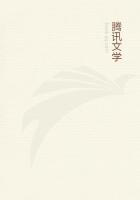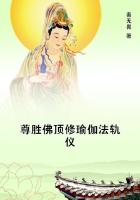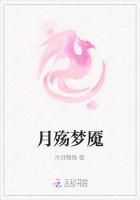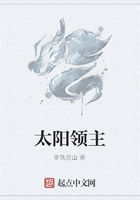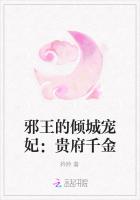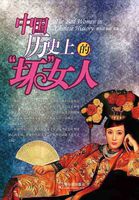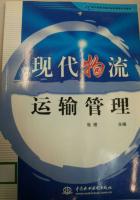Next morning Theobald and Christina arose feeling a little tired from their journey, but happy in that best of all happiness, the approbation of their consciences. It would be their boy's fault henceforth if he were not good, and as prosperous as it was at all desirable that he should be. What more could parents do than they had done? The answer "Nothing" will rise as readily to the lips of the reader as to those of Theobald and Christina themselves.
A few days later the parents were gratified at receiving the following letter from their son -"My Dear Mamma,--I am very well. Dr Skinner made me do about the horse free and exulting roaming in the wide fields in Latin verse, but as I had done it with Papa I knew how to do it, and it was nearly all right, and he put me in the fourth form under Mr Templer, and I have to begin a new Latin grammar not like the old, but much harder. I know you wish me to work, and I will try very hard. With best love to Joey and Charlotte, and to Papa, I remain, your affectionate son, ERNEST."
Nothing could be nicer or more proper. It really did seem as though he were inclined to turn over a new leaf. The boys had all come back, the examinations were over, and the routine of the half year began; Ernest found that his fears about being kicked about and bullied were exaggerated. Nobody did anything very dreadful to him.
He had to run errands between certain hours for the elder boys, and to take his turn at greasing the footballs, and so forth, but there was an excellent spirit in the school as regards bullying.
Nevertheless, he was far from happy. Dr Skinner was much too like his father. True, Ernest was not thrown in with him much yet, but he was always there; there was no knowing at what moment he might not put in an appearance, and whenever he did show, it was to storm about something. He was like the lion in the Bishop of Oxford's Sunday story--always liable to rush out from behind some bush and devour some one when he was least expected. He called Ernest "an audacious reptile" and said he wondered the earth did not open and swallow him up because he pronounced Thalia with a short i. "And this to me," he thundered, "who never made a false quantity in my life." Surely he would have been a much nicer person if he had made false quantities in his youth like other people. Ernest could not imagine how the boys in Dr Skinner's form continued to live; but yet they did, and even throve, and, strange as it may seem, idolised him, or professed to do so in after life. To Ernest it seemed like living on the crater of Vesuvius.
He was himself, as has been said, in Mr Templer's form, who was snappish, but not downright wicked, and was very easy to crib under.
Ernest used to wonder how Mr Templer could be so blind, for he supposed Mr Templer must have cribbed when he was at school, and would ask himself whether he should forget his youth when he got old, as Mr Templer had forgotten his. He used to think he never could possibly forget any part of it.

